World Environment Day is celebrated every year on the 5th of June and aims at raising awareness and celebrating environmental action.
This year’s campaign is celebrated under the theme Beat Plastic Pollution. It highlights the need to take concrete action to achieve transformative change to tackle the climate crisis.
The UN’s report on the current state of plastic pollution.
Plastic pollution is one of the biggest environmental issues facing the planet. Humanity produces over 430 million tonnes of plastic every year – two-thirds of which are short-lived products which soon become waste. This has devastating consequences for wildlife, ecosystems, human health and the global economy.
The good news is that momentum is building towards a more sustainable, circular economy for plastics.
Some progress is being made, with a historic resolution passed last year at the United Nations Environment Assembly to end plastic pollution and agree on a legally binding agreement by the end of 2024. But there is much left to do, which will involve every section of society playing its part.
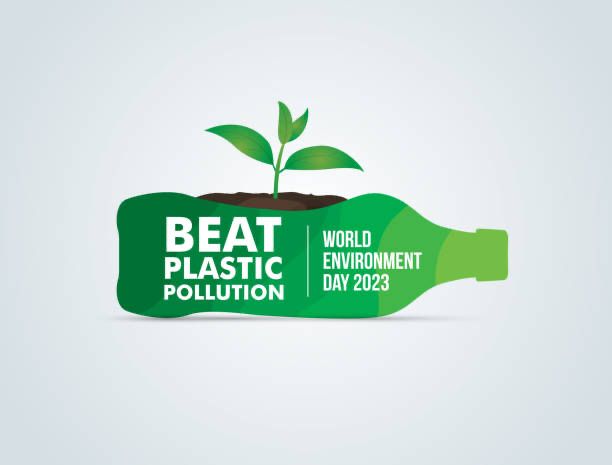
The theme of this year’s World Environment Day is mighty similar to theme of WED 2018.
Plastic products wash up daily on beaches worldwide from Indonesia to coastal west Africa, and waterways in cities are increasingly clogged with plastic waste.
With the menacing trend on the rise, the world is taking note and countries, the private sector, and communities are starting to act. From bans and taxes on various single-use plastics, to investments in waste collection, and policies on reduced plastics packaging, to beach clean-ups. Global stakeholders are trying to break the addiction to plastics, and contribute to healthier lives and a healthier planet.
Since 2000, the World Bank has invested over $4.5 billion to help improve more than 300 solid waste management programs to reduce pollution leakage, including plastics, into our environment.
The harsh truth is that it is going to take more than building better solid waste management systems. Everyone needs to be on board to solve this problem and individual actions count.
Below are five things we all can start today to end plastic pollution.
Say NO to Plastic Bags
There are an estimated 1 million plastic bags used every minute, and a single plastic bag can take 1,000 years to degrade. Over the last two decades, more and more countries and cities are either banning plastic bags (examples include Rwanda, California, ) or introducing levies and taxes on them (examples include Ireland, Washington D.C.) to discourage people from the plastic option.
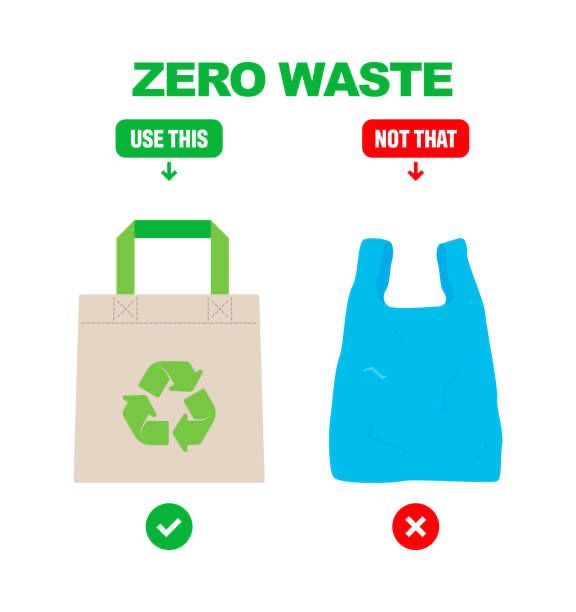
These actions have had varying degrees of success, but you can set an example by bringing your own reusable bag when you shop. Not the nylon or polyester kind because they’re also made from plastic. Choose cotton ones instead.
Bottle your Own Water
Did you know that humans now buy an estimated million plastic bottles per minute, and that most of this plastic is not recycled ? To help our environment, bottle your own water or whatever you are drinking.
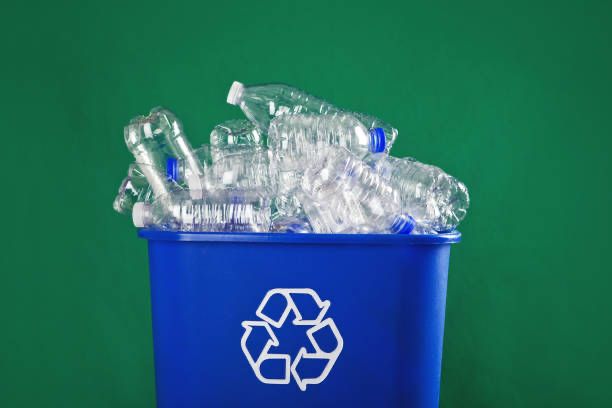
Keep a recyclable bottle in your bag, place two on your desk – a mug for the hot drink; a tumbler/glass for something cold. Plastic bottles typically made from polyethylene terephthalate (Pet) take over 400 years to naturally decompose.
Skip Plastic Straws
Plastic straws are among the top items of marine plastics found around the world, and they’re generally not recyclable. As a customer, use your voice at restaurants, cafes and eateries to refuse straws and plastic stirrers.
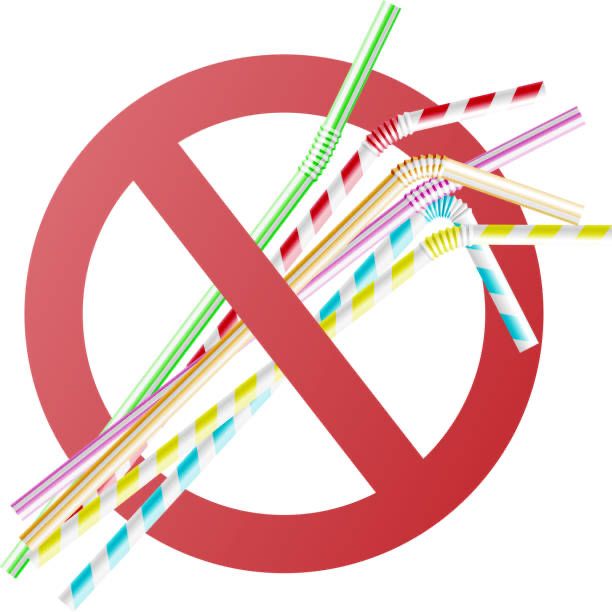
Help a movement towards paper straws, as Starbucks and McDonalds are starting to do, or give up straws entirely. If you are desperate to use straws, carry your own. There are metal and bamboo straws that are now more widely available.
Avoid Plastic Cutlery
Ordering take-out? Tell the vendor to skip the plastic cutlery. Catering events? Use reusable cutlery (and plates and cups). France became the first country to pass a law that will go into effect by 2020 to ban plastic plates, cups and cutlery–hoping to spur on innovation in biodegradable products.
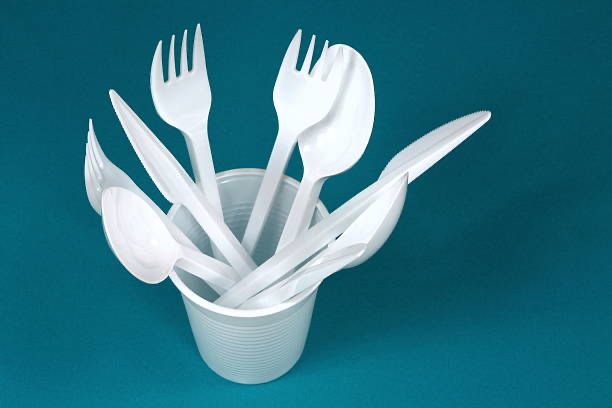
Shop around, and change your own attitude towards choosing more ocean-friendly practices.
Make Better Choices at Home
Make Green choices at home in choosing products with less plastic packaging. Move away from the throwaway culture. Avoid cosmetics and personal hygiene products with microbeads. Microbeads, a type of microplastic, are the little dots in your toothpaste, and facial scrubs.
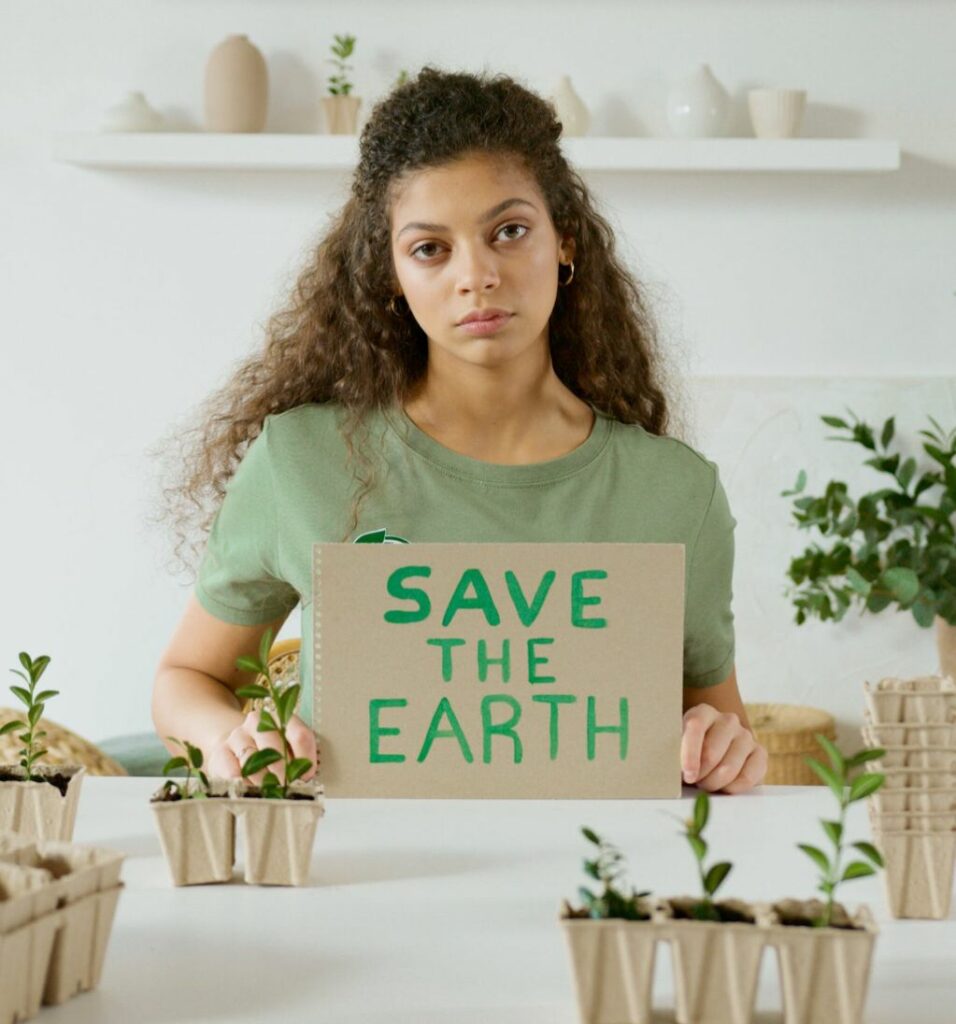
New research shows increasing amounts of damage from microbeads to marine life, leading to potential harm to human health. Shop around before investing in clothing that has synthetic microfibers. Often when these items are washed, they release microfibers into the water, which make their way to oceans, and may then be ingested by fish and other marine creatures.
This article was first published by the United Nations and the World Bank.
